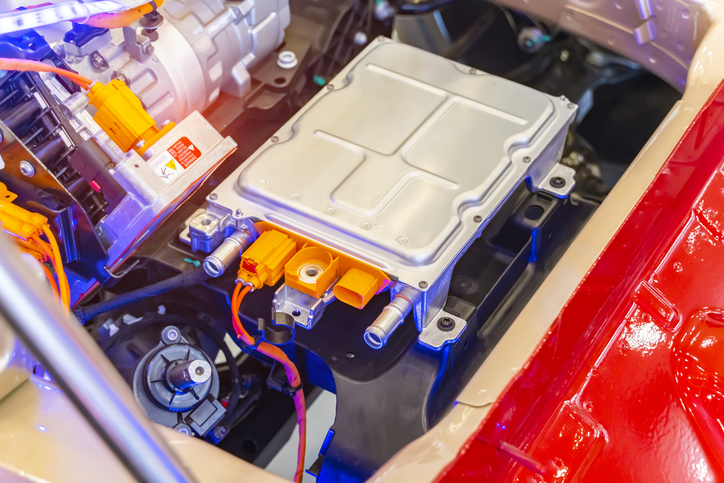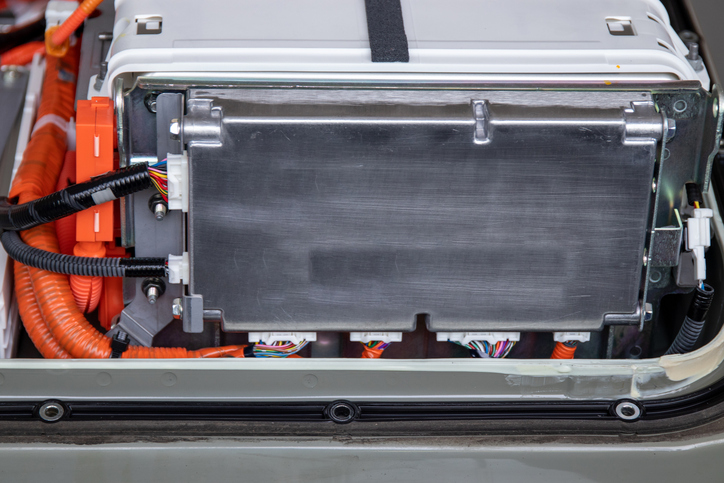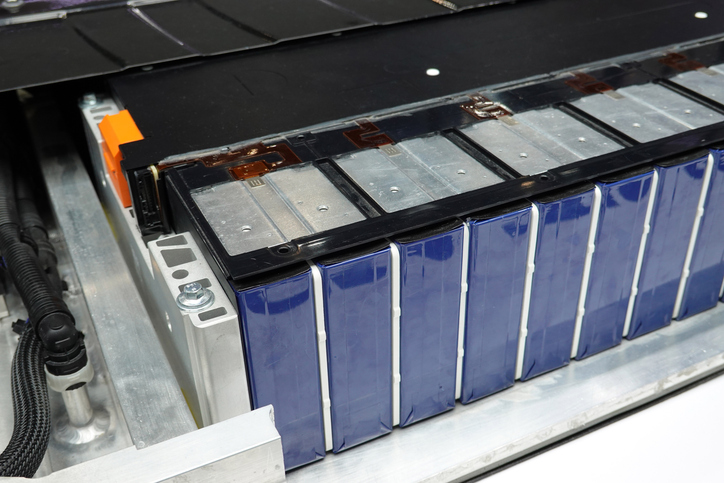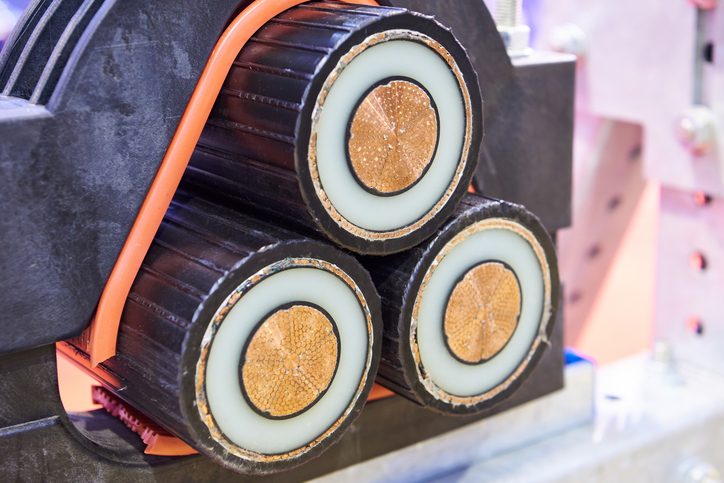With the rise in electric vehicles, it is important to make sure they are safe. One of the biggest risks of electric vehicles lies in their lithium-ion batteries. These batteries can experience thermal runaway that can lead to the battery catching fire or exploding. In order to prevent thermal runaway, proper lithium-ion battery insulation is required.
What is Thermal Runaway?
Thermal runaway occurs in lithium-ion batteries when the temperature within the battery cells increases and leads to a series of exothermic reactions. These reactions continue to increase the temperature of the battery, and can even cause other battery cells to overheat.
Not only can thermal runaway damage batteries and impact their function, but it can cause serious damage to property and hurt individuals. The heat can start fires within the battery and even lead to explosions.
How Lithium-Ion Battery Insulation Systems Can Prevent Thermal Runaway
Since thermal runaway is caused by overheating in battery cells and that heat being passed to other battery cells, lithium-ion battery insulation systems are one of the best ways to prevent thermal runaway from occurring. These insulation solutions can stop excess heat from being transferred to other battery cells, keeping the thermal runaway from spreading and getting worse.
Lithium-ion batteries can also be impacted by external temperatures. Whether hot or cold, these batteries may be susceptible to damage. Insulation also keeps batteries from getting too hot in the heat and getting too cold in freezing temperatures.
Lithium-Ion Battery Insulation Solutions
There are a few materials that are often used to insulate lithium-ion batteries. Some of the most common solutions include:
Mica
Mica has high thermal stability, low conductivity, and is non-flammable. This allows it to create a barrier between battery cells, preventing the risk of overheating and ensuring electrical integrity.
Polyester
Polyester exhibits good electrical insulation, thermal resistance, and dimensional stability. It is also a good dielectric barrier that can withstand high temperatures. All of these properties allow the material to prevent the flow of electricity and heat from one battery cell to another.
Polypropylene
Polypropylene has a high heat resistance, electrical resistance, and low thermal conductivity. These properties make it an ideal choice for insulation for battery cells.
Silicone
Exhibiting low thermal conductivity and having a wide temperate range allows the silicone to be used as a thermal runaway barrier and interior battery pack liners.
Polyimide
Polyimide has excellent heat stability, electrical, and mechanical characteristics, giving it the ability to be used as a dielectric barrier to prevent thermal runaway.
When You Need Lithium-Ion Battery Insulation, Electrolock Has the Options You Need
Since 1957, Electrolock has been engineering battery insulation solutions that keep products running smoothly and safely. In addition to our solutions offerings, we can also work closely with you to design and manufacture a solution that fits all of your needs.
Contact our team today to see what we can do for you.




